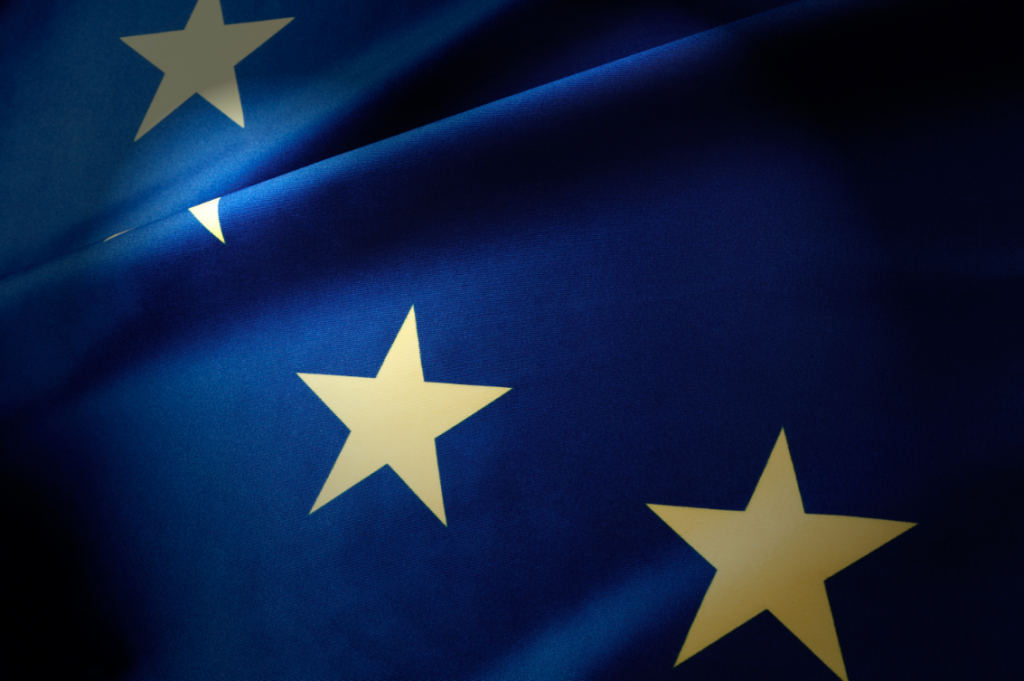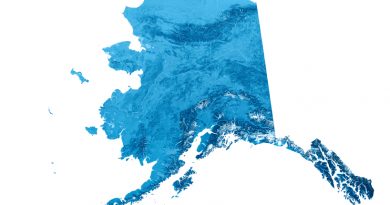Blog: The EU’s Arctic policy – A means, not an end

Last week, the European Union launched a new integrated Arctic policy.
This comes on the heels of a 2008 Arctic policy Communication, a 2012 update on that Communication, and several other European Union policy pieces and resolutions. Whatever faults the EU may have in engaging in Arctic governance, lack of effort isn’t one of them.
The EU Arctic policy covers the usual suspects of climate change, sustainable development, and international cooperation. For an in-depth review of the document itself, I recommend Adam Stepien and Andreas Raspotnik’s three-part series published by the Arctic Institute and ArCticle. For my part, while I am more than a casual observer of Arctic affairs, I cannot detect anything new or surprising in the Communication and wonder what impetus there could have been to draft one more Arctic policy document. That said, it is a useful representation of global thinking on Arctic affairs: more needs to be done! But what, and how? We are all still rummaging for answers.
A plethora of policies
Ten years ago national/supranational Arctic policies were few and far between; with a stable and only mildly interesting political environment, not much updating was needed. The fall of the Soviet Union and subsequent opening of relations with Russia; the rise of environmentalism as a policy issue; and the establishment of the Arctic Council meant that several of the Arctic states put out related policy documents in the mid 1990s, before going quiet on the region again.
As is well known, this changed in the mid 2000s when the effects of climate change and the commodities boom conspired to move the Arctic into the geopolitical spotlight. Between 2009-2011, every Arctic state launched a new Arctic strategy, and several non-Arctic states have since added their voices to the chorus. But while the sense of urgency has grown, the facts on the ground, and the policy responses required to address them, have not really changed all that much. Concomitantly every Arctic policy, including this recent EU document, say essentially the same things.
Caring about the Arctic has become something of a moral obligation. If you drew a Venn diagram of every buzzword value that liberal democratic governments must be seen to be upholding – international cooperation, engagement with communities and civil society, climate change mitigation, the primacy of evidenced-based knowledge, sustainable development – the Arctic would lie at their point of intersection. The EU keeps telling us it cares about the Arctic. I’m not sure the Arctic cares about it.
Foreign and/or domestic
Amongst those things that Arctic policies have in common, one of the most notable is their inability or unwillingness to distinguish between domestic and foreign issues. One can easily argue that in the Arctic that line is blurry, given the transboundary nature of indigenous groups, pollutants, migratory species, carbon dioxide, and the Arctic Ocean. But there is something equally unsettling in our depiction of the Arctic as “foreign”. The vast majority of us still see the Arctic as exotic, with its vast surroundings inspiring many a photographer, activist and amateur explorer while the rest of us experience it through nature documentaries. The domestic Arctic issues are trickier, and sometimes ugly, and reinforce our recognition that the Arctic is not abstract to the people that live there. It is much more comfortable to focus on the Arctic as Great White North.
The EU document wrangles with this juxtaposition by focusing to a degree on the European Union’s own Arctic – the northernmost parts of Finland and Sweden – and its legitimate roles and responsibilities there. As Finland prepares to assume the Arctic Council chairmanship next year, there is, as the policy describes, “an opportunity to bring European ideas and initiatives to the work of the Arctic Council.” But High Representative Federica Mogherini’s observations betrayed the fact that for most Europeans, the Arctic is an global space, and local issues are still things that we are only capable of giving lip service to.
The principle of subsidiarity
Though the Arctic may be foreign for the EU, the principle of subsidiarity is very familiar, with Brussel’s diplomats well-versed in its meaning and practice. It holds that social and political issues should be dealt with at the most local level capable of addressing it. Determining what levels of governance are best placed to deal with what issues in the Arctic would be an extremely useful exercise, yet the question to date has been largely unresolved. By rights, the EU should be involved in those Arctic issues best addressed at an international level, and in a few issue areas, a regional one. Climate change mitigation, international security, shipping, science, transboundary pollution, and shipping would probably fit in the former; fisheries and infrastructure development in the latter.
Culture and language rights, education and health, and economic development are much more likely to be effectively addressed at the local, sub-national and national levels. To be fair, there are many social issues in the Arctic that are currently inadequately addressed at any level of government, and if the EU’s preponderance of resources, financial, technological and otherwise, can be of help, they should be sought and welcomed. But it is a big “if”.
Watching the EU make sausages
I attended an EU Global Strategy conference in Copenhagen in January, which the Danish chose to focus on the Arctic. It was fascinating to witness the EU’s ‘sausage making’ in action, the process of attempting consensus on common policy goals amongst a profusion of actors and interests. It made Canada’s North look manageable by comparison.
So much deliberation, and so little action, I thought, until it occurred to be the process of gaining consensus among so many actors was exactly the point; even amongst all their differences, it was possible, and desirable, to find and express areas of common ground. This is not unlike the Arctic Council. It has produced a few middling agreements and some good scientific reports. But much more importantly, it has produced a consensus that environmental protection and sustainable development are preeminent concerns, that local communities should be at the heart of decision-making, and that peace, stability and international cooperation in the region is non-negotiable. This is a consensus that the European Union continues to embrace and help to move forward. It is a good neighbour to the region, and its Arctic policy should be welcomed.
Related stories from around the North:
Canada: Canada’s defence review and the Arctic, Radio Canada International
Finland: Japan, Finland agree to boost cooperation in the Arctic, The Indpendent Barents Observer
Iceland: Nordic countries discuss closer defense cooperation, The Independent Barents Observer
Russia: Arctic remains refuge of friendly US-Russia relations, Alaska Dispatch News
United States: Obama to talk terrorism, Arctic with Nordic leaders this summer, Radio Sweden



